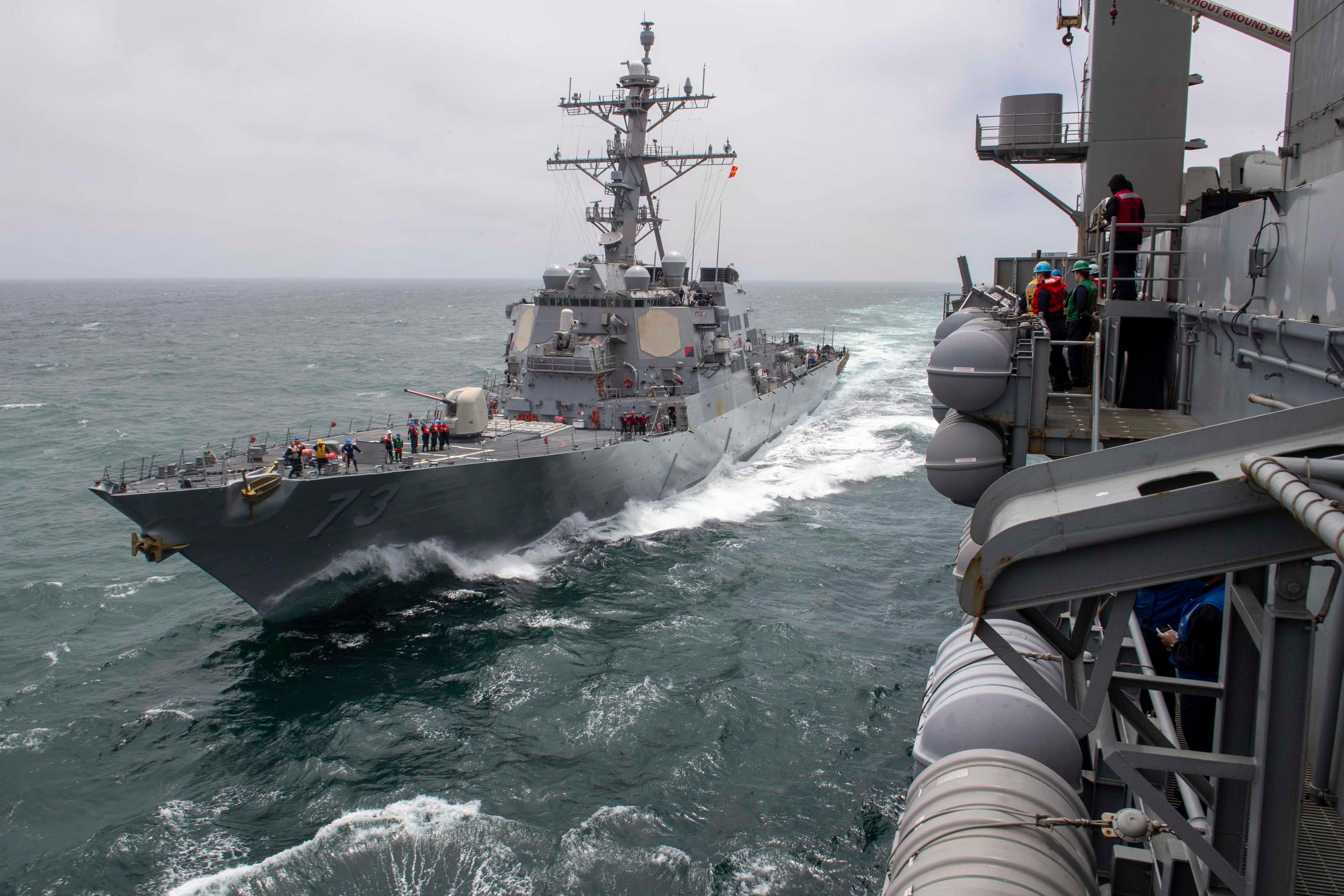WASHINGTON ― A new $775 million military aid package for Ukraine marks the first time the U.S. is sending ScanEagle drones, for targeting artillery, as well as 105mm howitzers and anti-tank rounds for the Carl Gustaf rifle to the fight against Russia, the Pentagon announced Friday.
The latest package of U.S. aid to Ukraine also includes the AGM-88 high-speed anti-radiation missile, which will allow Ukrainian forces to target Russian radars in the artillery-focused war. The disclosure marks the first time the Pentagon has discussed its provision of high-speed anti-radiation missiles to Ukraine in detail.
“Ukraine has successfully employed these missiles. They have successfully integrated them onto Ukrainian aircraft. And this enables Ukraine to seek and destroy Russian radars,” a senior defense official told reporters. The Pentagon provided the official for comment on condition of anonymity.
The Pentagon is sending 15 ScanEagles ― a small, long-endurance, low-altitude drone made by Insitu and used for reconnaissance, which is intended to help guide targeting for Ukrainian artillery. Other firsts include 16 105mm howitzers (with 36,000 artillery rounds) as well as 1,000, tube-launched, optically tracked anti-tank missiles for Carl Gustaf weapons sent by other allies.
The aid also includes 40 mine-resistant, ambush-protected vehicles for mine-clearing, 50 Humvees and 1,000 Javelin anti-tank weapons.
RELATED

Some six weeks after the Pentagon announced it will back a new contract for the National Advanced Surface-to-Air Missile System for Ukraine, delivery of the weapon is expected in the next two to three months. The system is co-produced by Norway’s Kongsberg Defence and Aerospace as well as the American firm Raytheon Technologies.
The aid comes days after the U.S. announced it’s sending $1 billion in military aid to Ukraine. That aid included more Guided Multiple Launch Rocket System ammunition for the 16 M142 High Mobility Artillery Rocket Systems, or HIMARS, provided by the U.S. so far.
While the Pentagon hasn’t seen Ukrainian forces use HIMARS to retake a significant amount of territory, they have pounded and weakened Russian positions. “You’re seeing this hollowing out of the Russian forces in Ukraine, but with implication for their longer-term sustainability,” the defense official said.
The announcement comes after Russia and Ukraine accused each other of shelling Europe’s largest nuclear power plant in Zaporizhzhia, stoking international fears of a catastrophe on the continent.
“We are very concerned about military operations at or near any of new Ukraine’s nuclear power facilities and are very concerned about any reports of damage to specifically the Zaporizhzhia nuclear power plant’s power lines,” the defense official said. “We’ve been very clear that fighting near a nuclear power plant is dangerous, is irresponsible. And we want the fighters and Russia to operate with extreme caution and conduct no actions that would result in a potential radiological release.”
The new package is part of the $40 billion in security and economic assistance passed by Congress and signed into law in May. It is the 19th package of military weapons and equipment committed to Ukraine since the war began on Feb. 24.
Joe Gould was the senior Pentagon reporter for Defense News, covering the intersection of national security policy, politics and the defense industry. He had previously served as Congress reporter.







